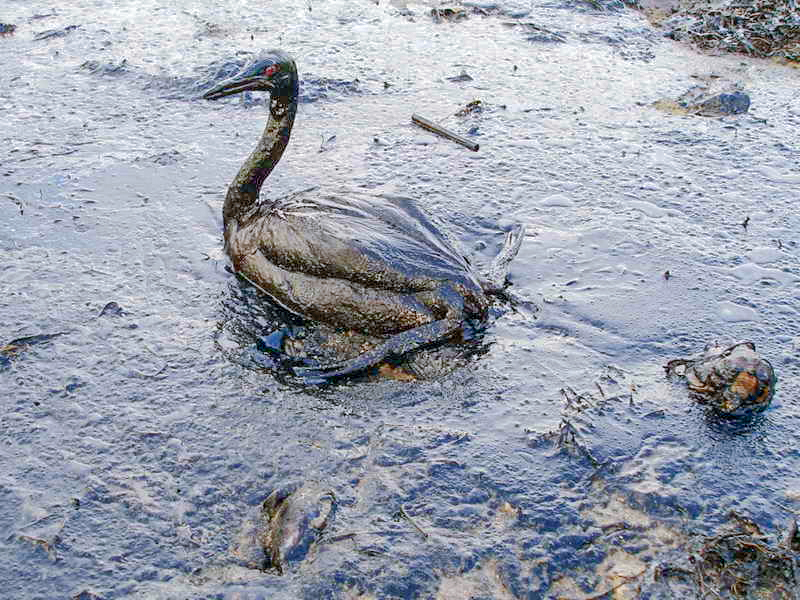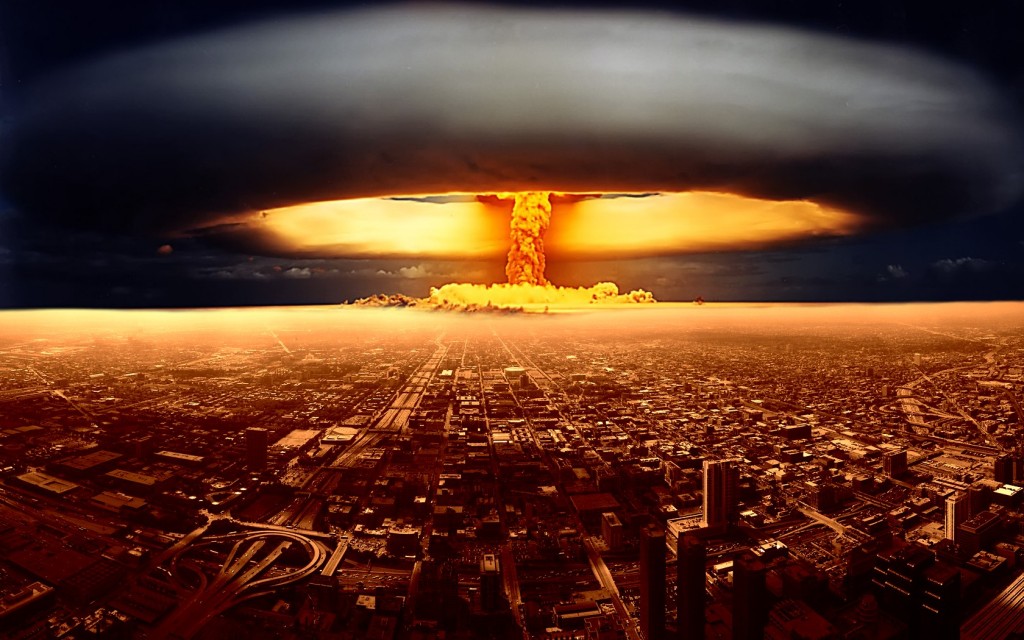In Biology, there is taxonomy where animals are classified into a system. The order is: Domain, Kingdom, Phylum, Class, Order, Family, Genus, Species. From the top to bottom, the classification gets more detailed and specific. For example: Squirrels have different species like the Fox Squirrel, Flying Squirrel, etc. It is the same with any other animals. On land alone, there are up to millions of species. In the marine ecosystem, we have explored only 20% of the sea, and it is up to the hundred thousands. Imagine the other 80% that we have not discovered. Our Earth has many enigmas that we have not yet to answered. The species that live in the ocean have not yet surfaced. There are so many different species on Earth, but us human are so ignorant that we think that we are the center of the universe. We create our own destruction by destroying the environment around us. We cut down trees to create profit and utility, but we destroy the habitat of other animals.
For example the BP oil spill that wreaked havoc upon the Gulf of Mexico, killing various animals. We rely on animals and even plants to survive. There is a chain, a circle of life. We eat animals, animals eat other animals, animals eat plants, plants use materials from soil, microorganisms has its own ecosystem! We are all connected, and without one, we would break the chain and catastrophic events could happen in the world. I cannot stress how important other species are, not just humans. Protect the habitats of other species, for they will bring us boon in life, maintaining our existence.










